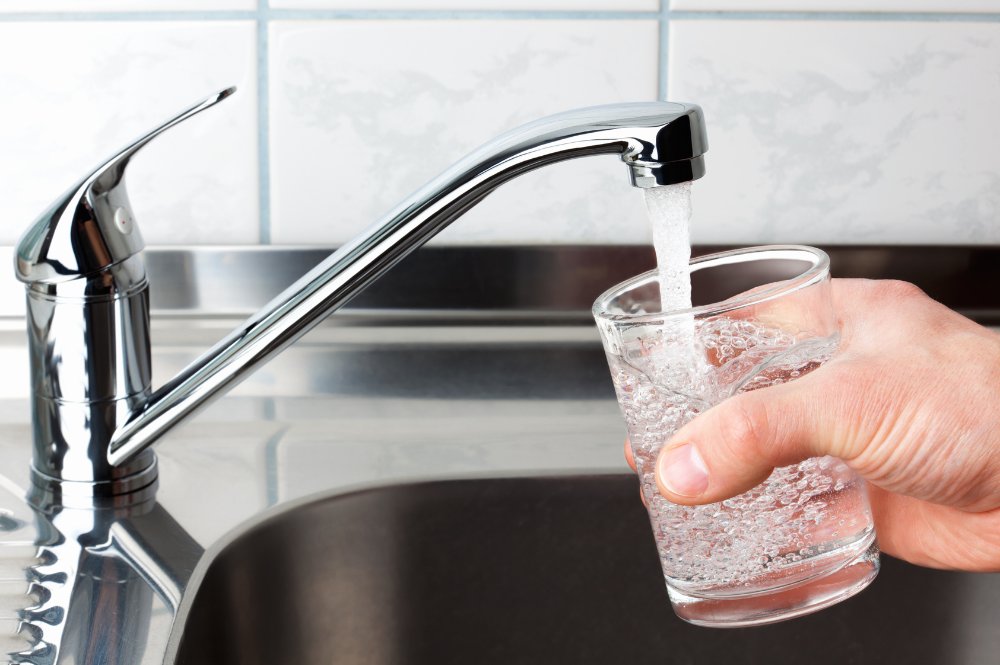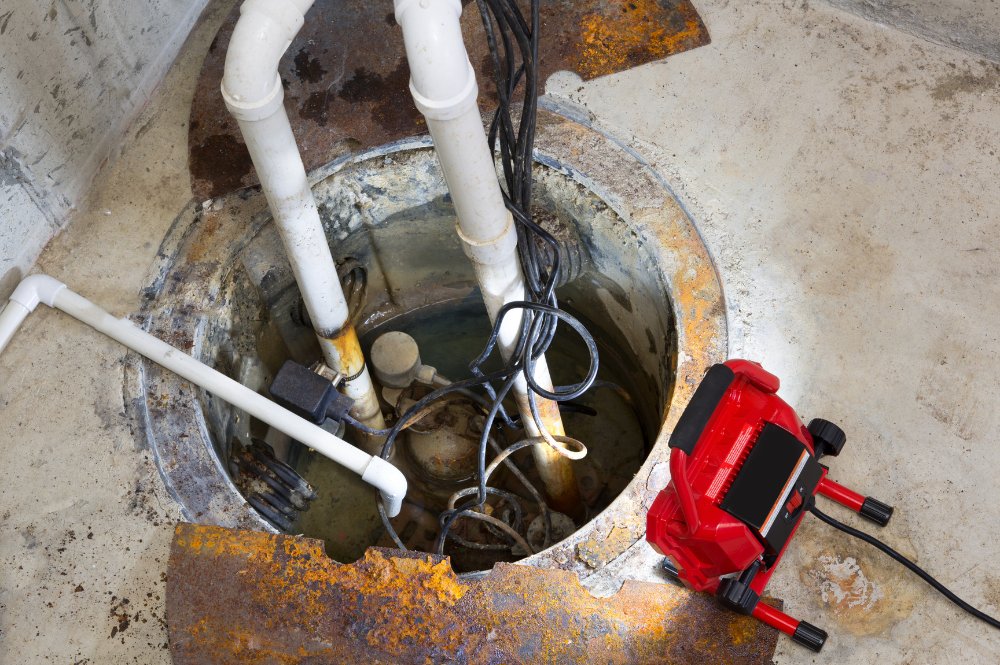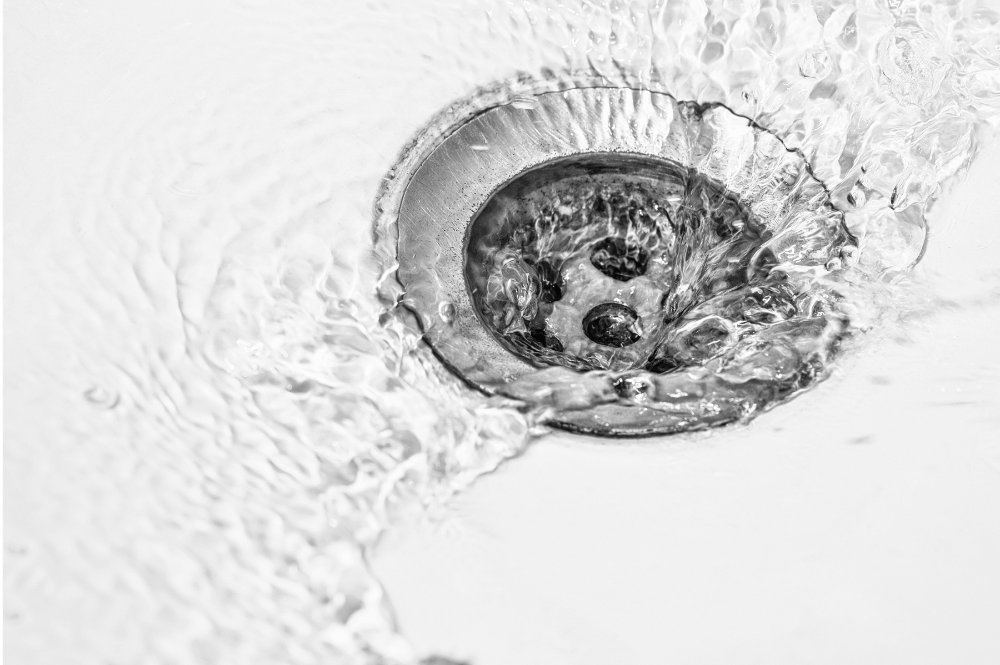A slow drain, a faint musty smell wafting from the sink, water pooling around your shower drain—small nuisances that seem harmless at first. But what if these are early warnings of something far worse? Plumbing disasters rarely happen overnight. They creep in silently, layer by layer, as grease, hair, and soap scum build up deep within your pipes. Ignoring these signs could lead to costly repairs, unpleasant odors, and even permanent damage to your plumbing system. The simplest solution? Routine drain cleaning.
The Silent Culprit: How Buildup Leads to Blockages
Think of your plumbing system like arteries in the human body. Over time, just as cholesterol accumulates and restricts blood flow, grease, food particles, and debris coat the inside of your pipes. This buildup narrows passageways, restricting water flow and making it easier for a blockage to form.
What starts as a minor inconvenience—a slow drain here, a gurgling noise there—can quickly escalate. A fully clogged pipe won’t just slow water drainage; it can send waste back into your home. If you want to prevent clogged drains before they become a full-blown catastrophe, proactive maintenance is key.
Odors That Won’t Disappear? Your Drains Might Be the Problem
A lingering, unpleasant smell in your kitchen or bathroom could mean trouble. As organic matter decays inside your pipes, bacteria multiply, creating foul odors that seep up through your drains. In some cases, mold and mildew thrive in the damp environment, intensifying the stench.
Many homeowners resort to air fresheners or chemical drain cleaners, hoping for a quick fix. But masking the smell doesn’t eliminate the root cause. Routine drain cleaning ensures that food residue, soap scum, and grease don’t get the chance to break down and release noxious fumes into your home.
Avoiding Long-Term Damage: Protecting Your Plumbing Investment
Pipes are designed to last for decades, but neglect can shave years off their lifespan. When debris hardens inside your plumbing, it exerts pressure on the pipe walls, leading to cracks, corrosion, or even complete failure. If a pipe bursts, the repair costs skyrocket—not to mention the water damage it can inflict on walls, floors, and furniture.
One of the lesser-known drain cleaning benefits is its role in preventing structural damage to your plumbing. By flushing out debris before it hardens or corrodes the interior lining of your pipes, you’re not just keeping water flowing—you’re safeguarding the entire system.
The Impact on Water Flow and Efficiency
Ever noticed how water starts draining more sluggishly over time? What used to be a steady flow dwindles to a frustrating trickle. This isn’t just an inconvenience; it’s a sign that your pipes are struggling to keep up.
Routine drain cleaning restores optimal water pressure by removing obstructions that hinder flow. A clean plumbing system operates efficiently, reducing strain on your pipes and fixtures. Even your appliances—dishwashers, washing machines, and garbage disposals—function better when water moves freely through the system.
How Often Should You Schedule Professional Drain Cleaning?
Not all homes have the same plumbing needs. A family of five using multiple sinks, toilets, and showers will accumulate buildup much faster than a single-person household. As a general rule, experts recommend professional drain cleaning at least once a year, but certain factors may require more frequent service:
- Older homes with aging pipes – Older plumbing systems are more susceptible to buildup and corrosion.
- Homes with frequent drain issues – If slow drainage is a recurring problem, underlying buildup may need regular clearing.
- Kitchens that see heavy grease use – Cooking oils and grease solidify inside pipes, creating stubborn clogs over time.
Prevent clogged drains before they become a recurring headache. Whether your plumbing is brand new or decades old, staying ahead of maintenance ensures fewer surprises.
Small Changes That Make a Big Difference
While professional cleaning is the best way to keep your drains in top shape, a few simple habits can help prevent buildup between service visits:
- Avoid pouring grease down the drain. Instead, collect it in a disposable container.
- Use drain strainers. Catching hair and food scraps prevents them from settling inside pipes.
- Run hot water regularly. This helps break down soap and grease before they harden.
- Be mindful of what you flush. Wipes, cotton balls, and hygiene products should never go down the toilet.
Incorporating these small changes into your routine makes it easier to maintain clean, clog-free drains year-round.
Your Plumbing Deserves the Best Care
Ignoring minor drain issues can spiral into costly repairs, foul odors, and plumbing inefficiencies. Routine drain cleaning isn’t just a convenience—it’s an essential part of home maintenance. Investing in regular service keeps your plumbing system running smoothly, reduces the risk of damage, and prevents clogged drains before they have a chance to disrupt your home.
If your drains are draining slower than usual, emitting odors, or making unusual gurgling sounds, it’s time to take action. Contact us at Ultimate Plumbing today to schedule a professional drain cleaning service and protect your home from costly plumbing problems.
FAQ: Answers to Common Drain Cleaning Questions
How do I know when my drains need cleaning?
If you notice slow drainage, frequent clogs, gurgling noises, or persistent odors, it’s time for a professional cleaning.
Can chemical drain cleaners replace professional cleaning?
No. Chemical cleaners can erode pipes over time, causing long-term damage. Professional cleaning is safer and more effective.
What’s the best way to prevent clogged drains?
Avoid pouring grease down the drain, use strainers to catch debris, and flush drains with hot water regularly.
How often should I schedule routine drain cleaning?
At least once a year for most households. Homes with high plumbing usage may need more frequent service.
What’s the difference between hydro-jetting and drain snaking?
Hydro-jetting uses high-pressure water to clear buildup, while drain snaking manually removes clogs with a flexible coil.
Does drain cleaning improve water pressure?
Yes. Removing buildup allows water to flow freely, improving pressure and overall plumbing efficiency.




